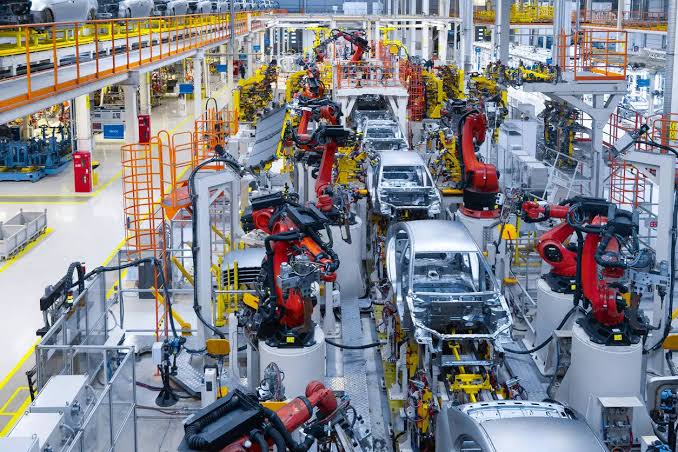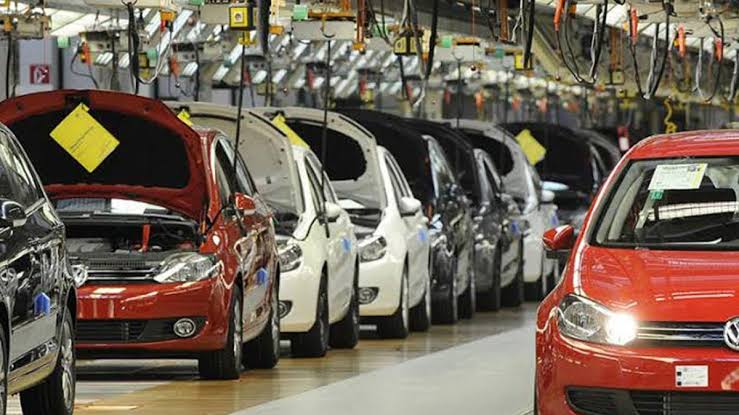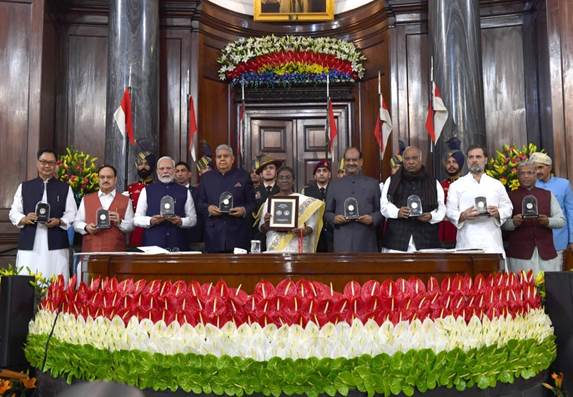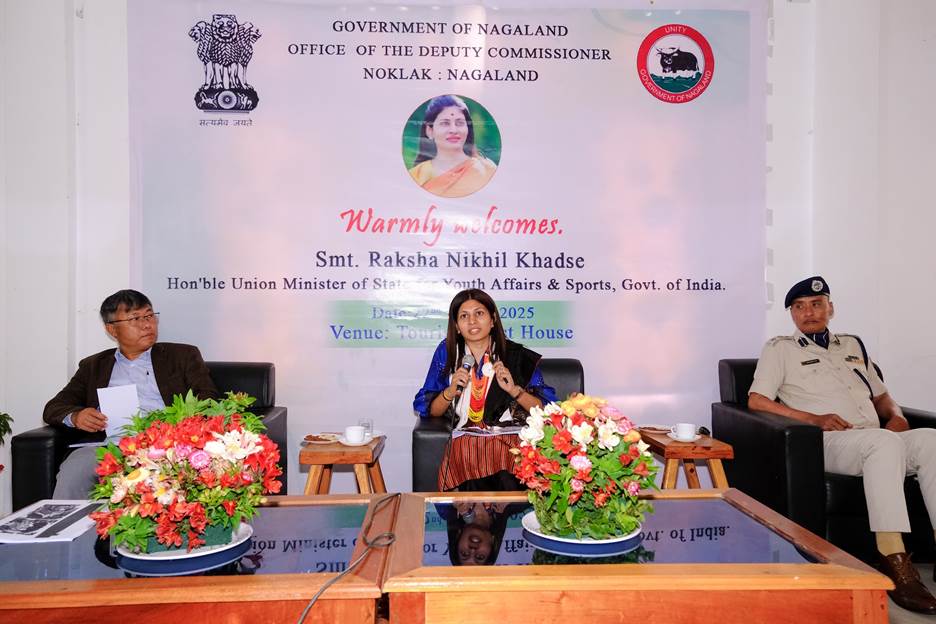The Production-Linked Incentive (PLI) scheme for the automobile and auto components sector is proving to be a game-changer, driving investments, employment, and growth in India’s automotive industry. Approved by the Union Cabinet in September 2021 with a budgetary outlay of ₹25,938 crore, the scheme aims to address cost challenges and encourage domestic manufacturing of Advanced Automotive Technology (AAT) products. By incentivizing fresh investments and promoting local production, the initiative is helping India transition into a major hub for advanced automotive manufacturing.
 The scheme has been designed with industry needs in mind, incorporating extensive consultations with stakeholders. Since its inception, the Ministry of Heavy Industries (MHI) has notified 19 categories of AAT vehicles and 103 AAT components under the scheme, ensuring that businesses have a clear roadmap for participation. A key requirement for applicants is achieving a Domestic Value Addition (DVA) of at least 50%, a move that not only reduces reliance on imports but also strengthens the domestic and global supply chain. To streamline implementation, testing agencies have developed a Standard Operating Procedure (SOP) that ensures transparency in calculating value addition. So far, six original equipment manufacturers (OEMs) have secured DVA certification for 66 approved variants, while seven component manufacturers have received certification for 22 variants.
The scheme has been designed with industry needs in mind, incorporating extensive consultations with stakeholders. Since its inception, the Ministry of Heavy Industries (MHI) has notified 19 categories of AAT vehicles and 103 AAT components under the scheme, ensuring that businesses have a clear roadmap for participation. A key requirement for applicants is achieving a Domestic Value Addition (DVA) of at least 50%, a move that not only reduces reliance on imports but also strengthens the domestic and global supply chain. To streamline implementation, testing agencies have developed a Standard Operating Procedure (SOP) that ensures transparency in calculating value addition. So far, six original equipment manufacturers (OEMs) have secured DVA certification for 66 approved variants, while seven component manufacturers have received certification for 22 variants.
The impact of the PLI-Auto scheme is already visible across multiple dimensions. Investments in the sector




